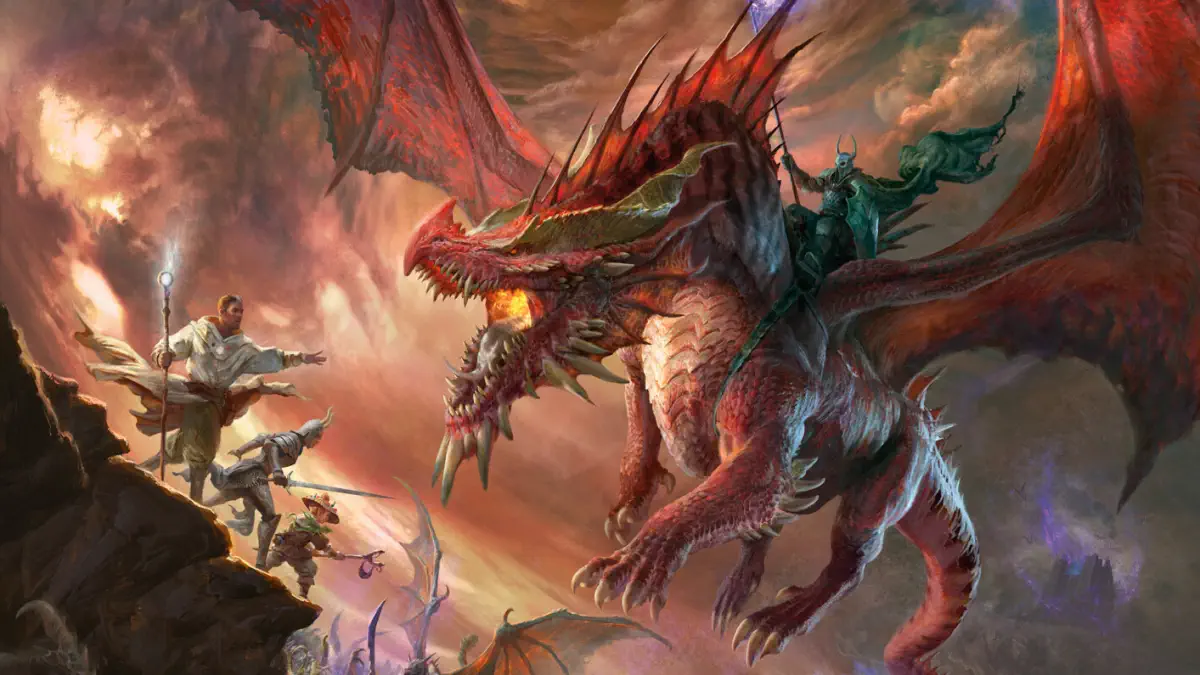Dungeons & Dragons (D&D) has evolved from a niche hobby to a mainstream cultural force, celebrating its 50th anniversary with impressive financial success.
Since its debut in 1974, the tabletop game has attracted 85 million players worldwide, equivalent to the population of Germany.
In 2024, D&D publisher Wizards of the Coast saw its annual revenue soar to $1.17 billion, up from $761 million in 2019.
The game’s rise in popularity is partly due to its exposure in mainstream media, such as Netflix’s Stranger Things and the success of the video game Baldur’s Gate 3.
This newfound attention has also benefited small businesses, like The Last Place on Earth, a Brooklyn game shop.
In 2024, the store earned nearly $110,000 from hosting D&D nights, which now account for 50% of its revenue.
Owner Whitney Wolfe credits the game with saving the business, which had struggled after opening just before the COVID-19 lockdowns.
D&D’s impact extends beyond gaming stores, with streaming shows and podcasts driving its popularity.
Critical Role, a live-play D&D show, has earned millions through tips and ad revenue, and its animated series, The Legend of Vox Machina, raised over $11 million on Kickstarter.
Dimension 20, another popular D&D show, sold out Madison Square Garden, with fans paying an average of $119 to watch comedians play the game on stage.
The game’s success is not limited to its core ecosystem, with intellectual property expanding through media and fan-driven projects.
According to Dr. Emily Friedman, an Auburn University professor, this broader reach is what gives D&D its lasting power.












Leave a comment